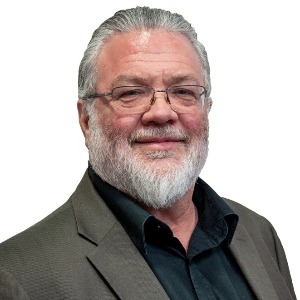Cardiovascular System
Chinese traditional medicine (TCM) treats cardiovascular disorders with therapies such as herbal medicine, acupuncture, and qi gong. The use of herbal medicine in China dates back to 2,000 years ago. Acupuncture is also an ancient healing technique in TCM. Qi gong uses a combination of breathing, body posture, and meditation to help promote circulation and the flow of vital energy. In TCM, the cardiovascular system is linked to the immune system and the digestive system. The heart is seen as the yang organ, the main energy organ that pumps energy throughout the body. The liver is seen as the yin organ that coordinates the flow of blood and energy. Blood and qi (vital energy) are believed to flow closely together. When there is an imbalance of these two forces, there can be physical and mental symptoms such as restlessness, anxiety, depression, and difficulty sleeping. Herbal medicine is used to strengthen the heart and to widen the coronary arteries. Common herbs used include cinnamon, Chinese hawthorn, and gromwell. Acupuncture therapy can help to reverse signs of cardiovascular disease by improving blood flow and restoring the balance of energy. Common acupuncture points used are those associated with the heart, such as the Pericardium 4 and Large Intestine 10. Qi gong can also be used to invigorate the heart and improve circulation. This ancient technique focuses on relaxation, physical movement, self-awareness, and meditation. It is believed to help improve the flow of vital energy and blood and to reduce stress and anxiety. TCM can be used as a complement to western medicine or as a standalone treatment. However, it is important to consult a qualified practitioner in order to ensure safety and to get the best possible results.

Mary Jo Bulbrook
Akamai University, United States
Kenneth R Pelletier
University of California School of Medicine, United States
Gene Bruno
Nutraland, United States
Kevin KF Ng
MD Natural Care LLC, United States
Julieta Andico Songco
JAS Consulting Services, United States
Debrah Nadler
Alzheimer’s Support, LLC, United States




Title : The importance of integrating TCM with conventional medicine in the diagnosis and treatment of physical and mental exhaustion due to excess or lack of professional activity
Angela Sanda Tudor, Society of TCM from Romania, Romania
Title : Change your genes - Change your life: Sorting the hope from hype of human longevity
Kenneth R Pelletier, University of California School of Medicine, United States
Title :
Laure Le Corroller, Dr.& Master Sha Tao Academy, Canada
Title : Examining the factors that decrease and increase the effect of acupuncture
Yucel, Elonysia LLC, Turkey
Title : Pure consciousness and lifestyle practices in ayurveda — Positive epigenetic transformations
Girish Momaya, Maharishi European Research University, Netherlands
Title : Akkermansia muciniphila 001 (AKK001™) postbiotic for body morphology and metabolic indicators in an overweight population: A randomized, controlled trial
Gene Bruno, Nutraland, United States